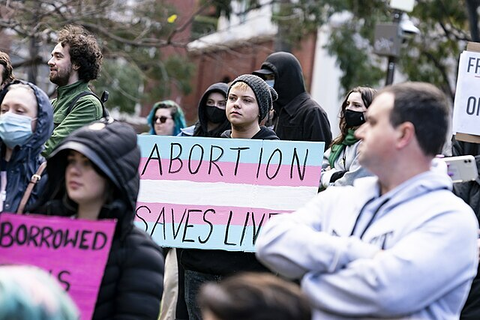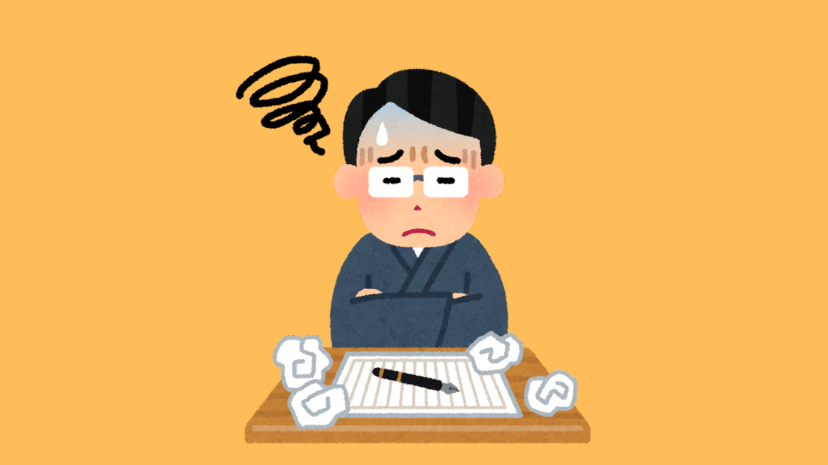Editor’s note: This story contains discussion of sexual assault.
Giving birth to a new life is a huge responsibility. Every parent, especially the mother, has to prepare mentally, physically, emotionally, socially and economically for a child. So, birth should be a choice for every parent, not forced by others.
Now, President-elect Donald Trump aims to leave women’s reproductive rights up to states, which means women have no guaranteed rights to birth or their bodies. When a child forms in a mother’s womb, the mother’s body also changes. The mother may feel tired and fatigued or experience morning sickness and mood swings.
Additionally, If the mother is experiencing severe anxiety, development may be more dangerous for the child. The child may be born before the expected due date or with a low weight.
Raising a child requires time, patience and strong finances. If the mother is a teenager or unemployed, she must depend on family members for support, where there may not be any.
If a mother cannot support the child, then she must have the option to terminate her pregnancy for the sake of the child’s wellbeing.
And if a woman becomes a mother after rape, then she must have the option to terminate her pregnancy for the sake of herself. Pregnancy following rape creates further life-changing challenges for a victim who has already experienced an unimaginable trauma.
If a victim finds she is pregnant and wishes to get an abortion but can’t due to state laws, she is left with two options: either give birth or go to somewhere that abortion is allowed.
In the United States, there are currently 13 states where abortion is banned with zero exemptions. There are other states where abortion is not banned, but restrictions against abortion are implemented, according to CNN.
Regardless, people who are pregnant but do not want a child still get abortions. In fact, one in four pregnancies end in abortion each year, according to Amnesty. As restrictions against abortions increase, these abortions are not all accessed safely.
In developing countries, where abortion is stigmatized and rape is often hidden or viewed as shameful, women are frequently forced into unsafe abortions. An estimated 25 million unsafe abortions occur globally each year, according to Amnesty.
Unsafe abortions can cost the life of both mother and child.
Kate Cady, an associate professor in the department of communication, said victims of sexual assault may feel especially desperate to access abortions.
“Victims of sexual assault often struggle with a loss of control over their bodies and lives, a sentiment frequently reflected in news stories. Some rape survivors have had to go to extreme lengths to terminate pregnancies due to restrictive state laws,” Cady said.
Some believe children are God’s gift on earth, so we should cherish them and should not abort them, but these sentiments may disregard the mental, physical and economical condition of the child’s family.
“The fairness of abortion laws is often influenced by the beliefs of those who advocate for them, many of whom hold specific religious views, such as conservative Evangelical Christians. For some, these views include the belief that everything, even an unwanted pregnancy resulting from rape, is ‘God’s will,’ and therefore should be accepted,” Cady said. “As a result, rape survivors may be expected to carry pregnancies they don’t want, regardless of their own beliefs. Additionally, some falsely claim that pregnancy can’t result from rape, a misconception that further complicates this issue for victims.”
Another challenge for victims seeking abortion is the many people who don’t believe a crime occurred when someone reports a rape case.
“The biggest challenge in addressing issues like abortion for rape victims is often a lack of personal experience or understanding among the public. While increased media coverage is shedding light on these cases, not everyone is moved, even by extreme stories, like that of a young woman repeatedly abused by a stepfather and left needing an abortion,” Cady said. “Additionally, pregnancy, miscarriage and sexual assault often remain hidden topics, shrouded in secrecy. The more openly we discuss the complex realities faced by victims of sexual assault and those with unwanted pregnancies, the greater the potential to shift perspectives.”
Every child has the right to be born into a healthy and happy family, and every woman has the right to give birth when she feels happy and healthy. No one has the right to force a woman into decisions against her will. We must respect each other’s choices.
Just because something hasn’t happened to you doesn’t mean it doesn’t exist.
If you or someone you know is a victim of sexual assault, you can access resources through RAINN. They have a 24/7 helpline, 800-656-HOPE, and live chat.
Another organization, Planned Parenthood, helps with sex education. People can visit their site and book an appointment in-person or online for STD testing, birth control, and an abortion, among other things.
For an abortion, Planned Parenthood will find providers and resources for safe and legal abortions. Thankfully, in Illinois abortion is accessible and well protected by the Reproductive Care Act.














